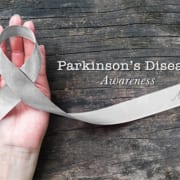6 New Studies on Alzheimer’s Disease
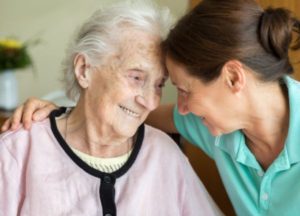
More than 6 million Americans are living with Alzheimer’s Disease, which is the most common type of dementia. Because of its prevalence, Alzheimer’s is widely studied. The National Institute on Aging alone is currently supporting over 400 clinical trials on Alzheimer’s and related dementias. Those trials include clinical drug development, non-pharmacological interventions, and dementia care.
“In the past century, scientists have made remarkable strides in understanding how Alzheimer’s affects the brain and learning how to make life better for affected individuals and families,” according to the Alzheimer’s Association.
Latest Research
In just the past recent months, there have been several new findings. Here are some of the latest studies:
- Researchers with the AHEAD study are looking at a drug that might protect people at risk of developing Alzheimer’s. It looks at whether this treatment can slow or stop the earliest brain changes.
- Another study looks at the effect of beer hop compounds on protecting against Alzheimer’s.
- This study suggests different ethnicities respond differently to therapies. Researchers believe a blood pressure drug may lower the risk of Alzheimer’s in African American adults over 60 years old. However, it does not do the same for white seniors.
- Researchers are looking at a saliva test called genoSCORE to determine someone’s future risk for Alzheimer’s.
- A first nationally representative study finds more almost 1 in 10 older Americans have dementia.
- This study looks at how the “love hormone” or oxytocin may help improve memory. On a study done only with mice, oxytocin was shown to reverse cognitive impairment.
About Advena Living
At Advena Living, we are proud to serve individuals from all walks of life at all stages of life, including those who have dementia. We offer a safe, secure home for anyone who experience cognitive decline and need additional assistance.
We specialize in assisted living, skilled nursing, rehabilitation, and long-term care throughout the state. Our locations include Bonner Springs, Cherryvale, Clay Center, Clearwater, Rose Hill, Topeka, and Wichita.
The name “Advena” means newcomer. We welcome newcomers seeking a caring environment where they may continue to live their best lives. Part of our guiding philosophy is that we honor choice. We believe that community members should always have a say in how they live their lives. We will work hard to accommodate what you want your schedule to be every day.

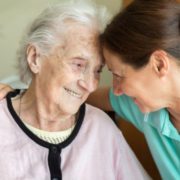
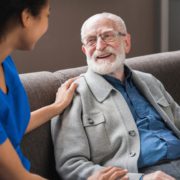
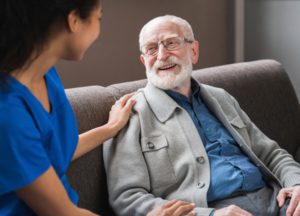
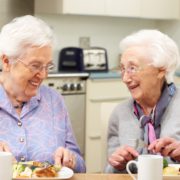
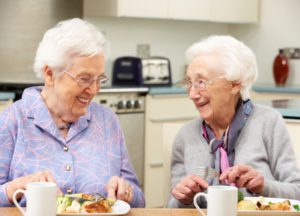

 Maybe you grew up watching your father read the newspaper every morning with his cup of coffee. Now, with Alzheimer’s disease, he may not be able to fully comprehend what he reads – but that doesn’t necessarily mean you should stop offering him a newspaper each morning. The ritual of normalcy may be more important than how much information he absorbs from the news.
Maybe you grew up watching your father read the newspaper every morning with his cup of coffee. Now, with Alzheimer’s disease, he may not be able to fully comprehend what he reads – but that doesn’t necessarily mean you should stop offering him a newspaper each morning. The ritual of normalcy may be more important than how much information he absorbs from the news.